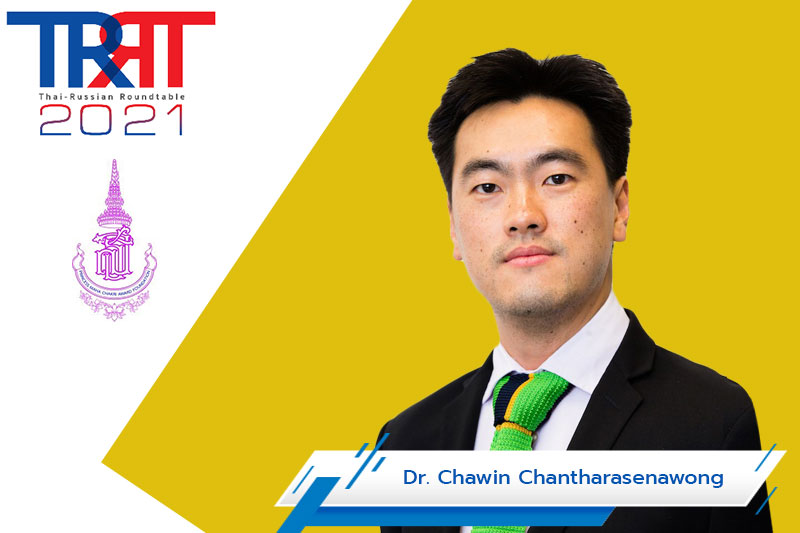Abstract of Dr. Chawin Chantharasenawong
STEM Education in Thai Universities under Covid-19 Pandemic
Chawin Chantharasenawong*,+, Kwankhao Wongsathian*, Nathawan Khaosang*, and Natchanon Nirapai*
* Department of Mechanical Engineering, King Mongkut’s University of Technology Thonburi 126 Pracha-uthit Rd., Bangmod, Thungkru, Bangkok, Thailand 10140
+ Princess Maha Chakri Award Foundation, 128/1 Nakhon-Ratchasima Road, Dusit Sub-District, Dusit District, Bangkok, Thailand 10300
Corresponding Author: [email protected]
Abstract
Thai universities respond to COVID-19 pandemic more readily and flexible than their school counterparts, normally guided by higher authority. Comparing with schools, universities, on one hand, have higher degrees of autonomy, better equipped, and generally reasonably endowed. On the other hand, universities are complex and large, having a typical student population of about 500 times more than those of most schools. Adding to complexity are diverse university operations ranging from teaching, research, and services to communities and industries, including hospital services. Resilience of the system are the key to meeting the COVID-19 challenges.
Addressing universities under COVID-19 pandemic since 2020 dwell mainly on two issues. First, how to deliver quality education without compromise and reduced rigorousness of depth and breadth. University education features (i) delivery of knowledge, normally via hundreds of lecture courses a semester, (ii) conducting laboratory experiments in science and technology, (iii) workshop or studio work, (iv) tutorials, and (v) on-site practices in cases of medicines, health science, engineering, and social field work etc. Senior projects and graduate study, in addition, requires access to university laboratories, no on-line possibility. Bearing in mind that tens of thousands students are involved. On quality assurance, on top of delivery knowledge, there are testing, examination and various assessments. Lastly and very important, cultivation of social and human skills, and maintaining contacts with students. The second issue is running a university of tens of thousands of students, few thousand staff during lock down or partial opening with social distancing measures. Internet facilities and digital literacy of students and staff are one deciding factors.
The paper covers these issues with practices from Thai universities, individually and some collective actions, with emphasis in the study in science, engineering, and technology. Preliminary assessment on effectiveness of measures and notes on learning losses will be highlighted.
Keywords: online learning, outcome based education




